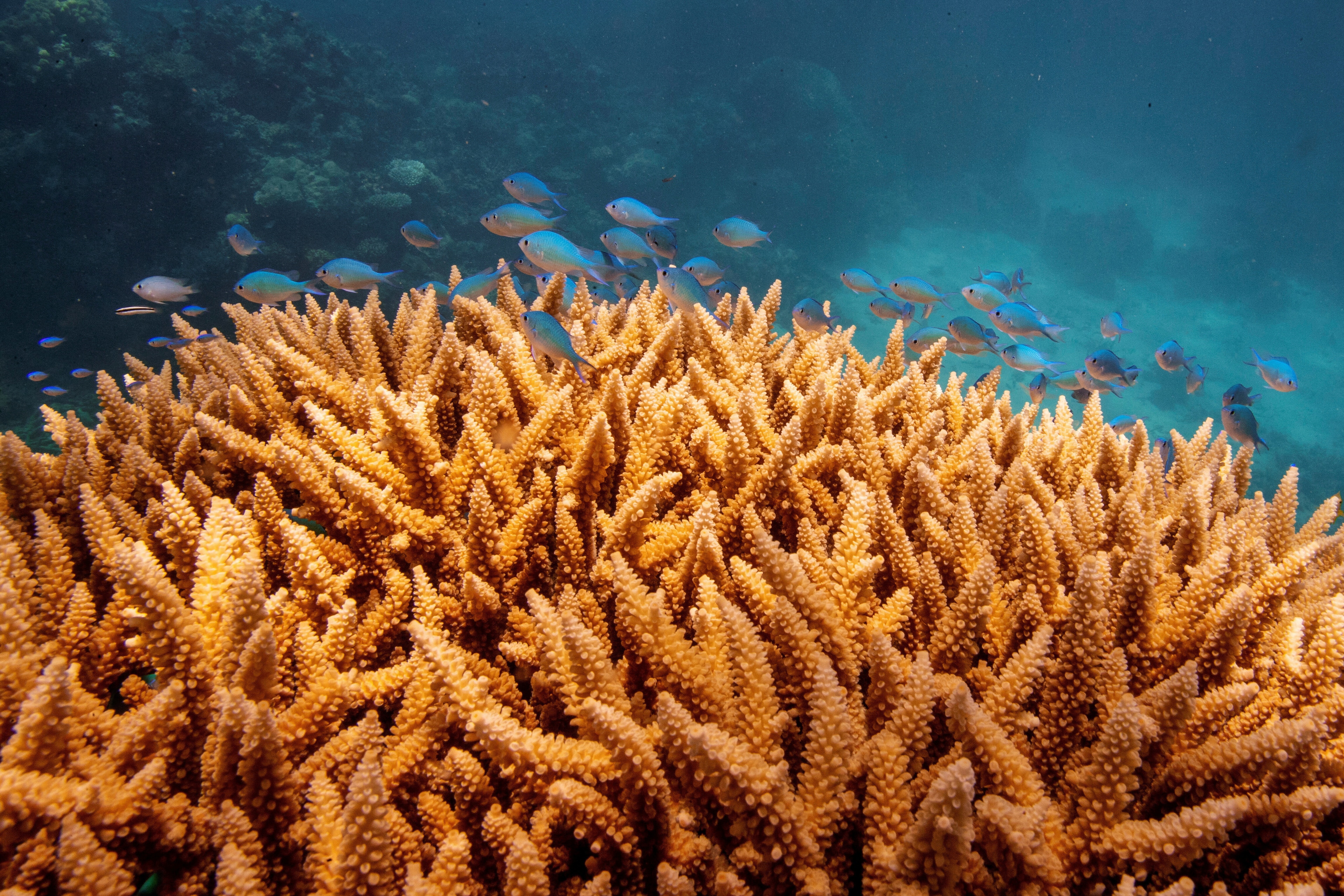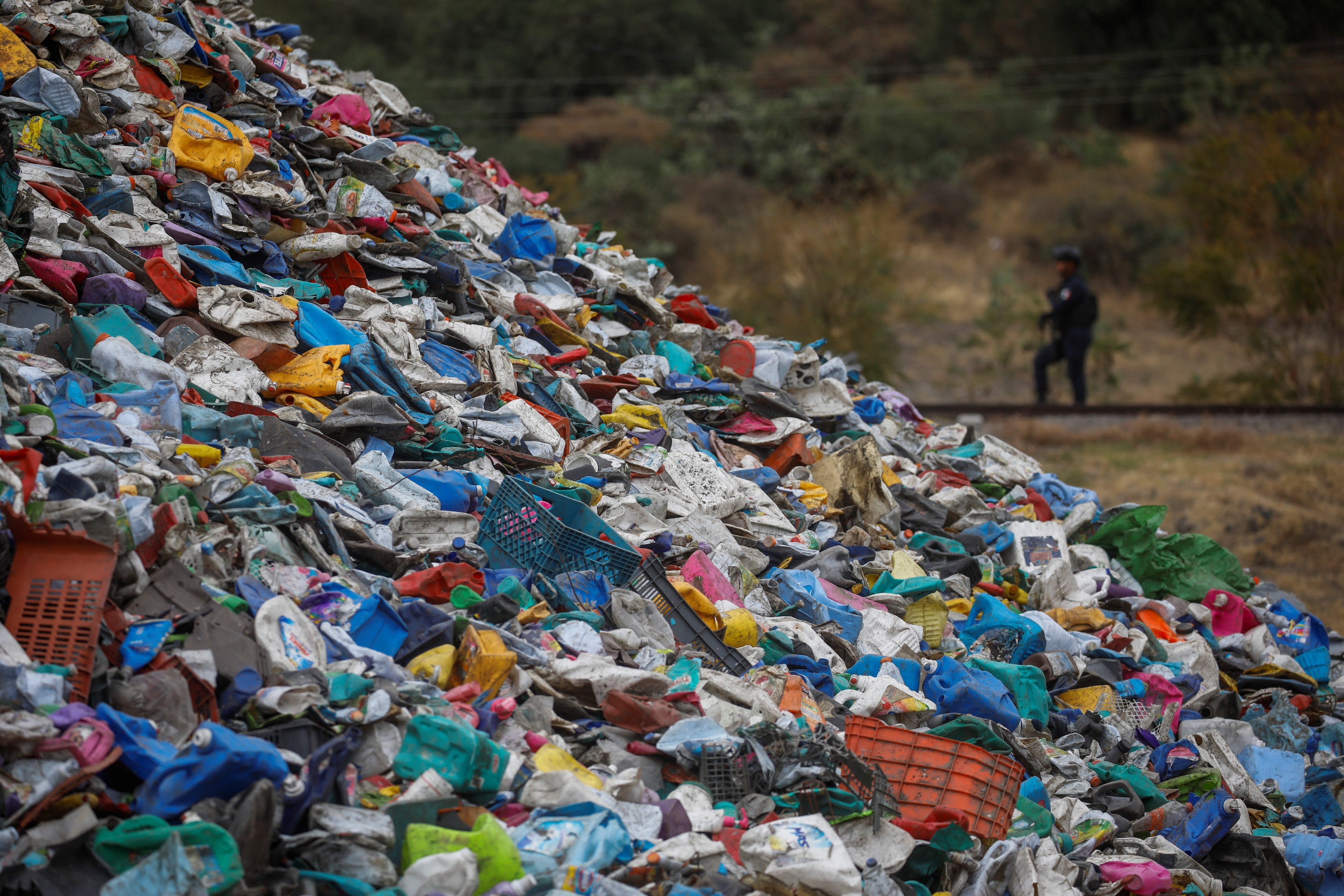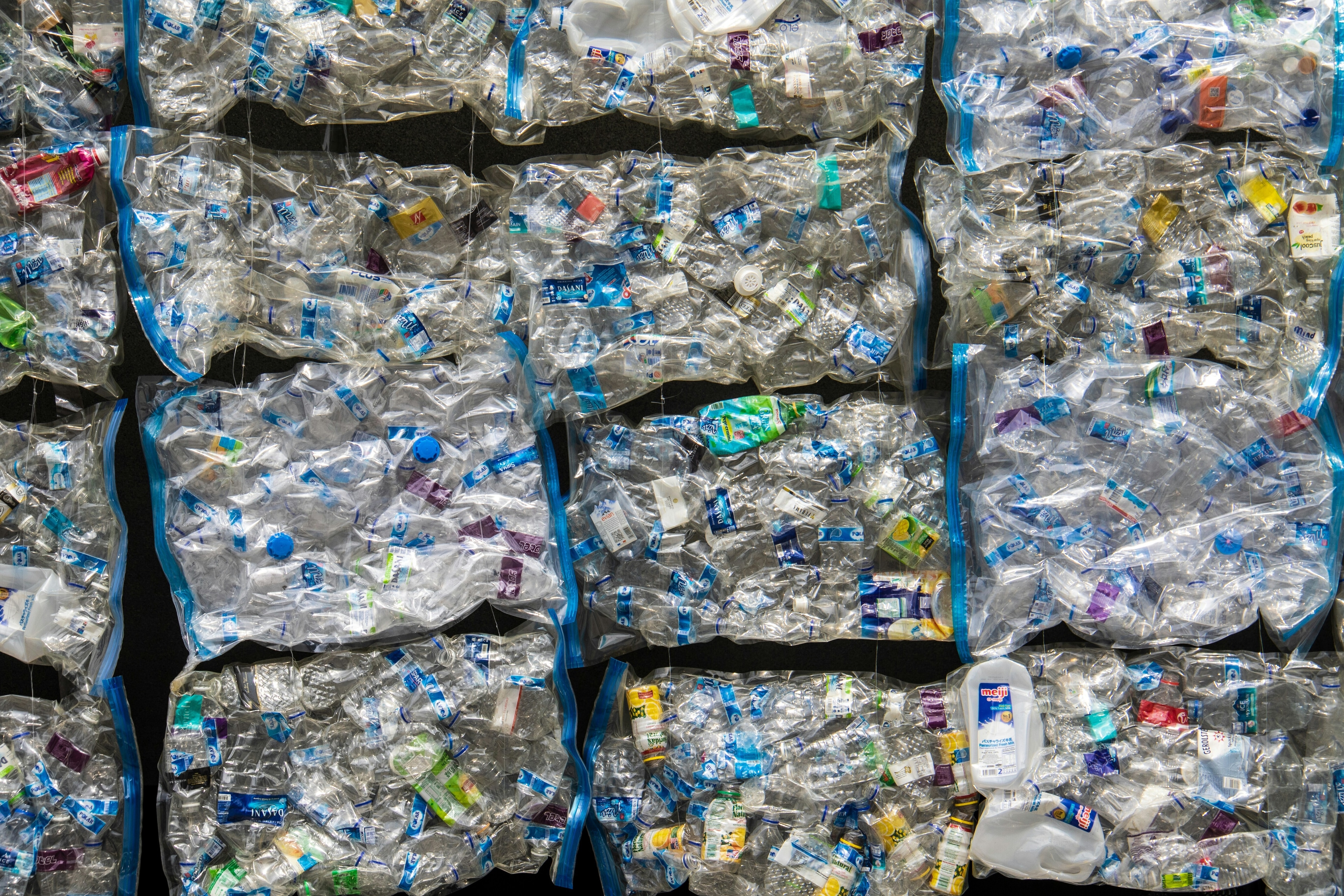Europe swelters in the heat and other environment stories you need to read this week

Wildfires are blazing in many European countries, due to intense heatwaves.
Image: REUTERS/Isabel Infantes
Stay up to date:
Future of the Environment
Listen to the article
- This weekly round-up brings you key environment stories from the past seven days.
- Top stories: Southern Europe is battling wildfires and deadly heatwaves; UAE investing in food parks in India; Concerns over copper supply in fight to reach net-zero.
1. News in brief: Top environment and climate change stories to read this week
Utah's Great Salt Lake dropped to its lowest recorded level this month amid a two-decade drought, a grim milestone as researchers and politicians point to grave threats to wildlife and people along its receding shores. Nearby Salt Lake City is already subject to dust storms that experts fear could get worse.
Indonesia and India on 15 July underscored a call by emerging nations for more climate change financing, warning that rising energy prices due to the Ukraine war would make it difficult for countries to cut emissions.
Italy's Sardinian farmers are experiencing the worst locust invasion for 30 years. The invasion is projected to affect an area of around 60,000 hectares this year, double that of 2021 and compared with just 2,000 hectares in 2019.
Efforts to reach carbon neutrality by 2050 are likely to remain out of reach as copper supply fails to match demand amid growing use of solar panels, electric vehicles and other renewable technologies, data from S&P Global showed on July 15.
The fire in California's Yosemite National Park may benefit some of the world's oldest giant sequoias by helping release seeds and clear debris from the forest floor, preventing more severe blazes that could wipe out many of the massive trees, an official said on 12 July.
Moscow's war in Ukraine must not sideline European Union efforts to cut carbon emissions even as the continent is forced to turn back to coal to cope with reduced supplies of Russian gas, U.S. Special Presidential Envoy for Climate John Kerry has told Reuters.
British primatologist Jane Goodall has got a Barbie in her likeness, fulfilling a longtime wish of having her own doll to inspire young girls. Mattel Inc unveiled the new Barbie, which the toymaker says is made from recycled plastic, as part of its Inspiring Women Series, nodding to Goodall's groundbreaking studies of chimpanzees and conservation efforts.
Biofuel experts are developing a new type of fuel inspired by the carbon-based antifungal energy molecule made by Streptomyces bacteria, which has potentially greater energy density than most heavy-duty fuels used today, according to Berkeley Lab.
Accept our marketing cookies to access this content.
These cookies are currently disabled in your browser.
2. A sign of climate change: Heatwaves and wildfires scorch Europe
Authorities across southern Europe battled to control huge wildfires in countries including Spain, Greece and France on 17 July, with hundreds of deaths blamed on soaring temperatures that scientists say are consistent with climate change.
In Spain, helicopters dropped water on the flames as heat above 40 Celsius (104 Fahrenheit) and often mountainous terrain made the job harder for firefighters.
A study published in June in the journal 'Environmental Research: Climate' concluded it was highly probable that climate change was making heatwaves worse.
More than 1,000 deaths have been attributed to the nearly week-long heatwave in Portugal and Spain so far. Temperatures in Spain have reached as high as 45.7C (114F).
In France, wildfires have now spread over 11,000 hectares (27,000 acres) in the southwestern region of Gironde, and more than 14,000 people have been evacuated, regional authorities said on 17 July.
In Italy, where smaller fires have blazed in recent days, forecasters expect temperatures above 40C in several regions in coming days.
Croatian authorities deployed firefighting aircraft and dozens of firefighters and soldiers on 14 July in an effort to contain three major wildfires along the country's Adriatic coast.
Meanwhile, Britain was on course for its hottest day on record on 18 July with temperatures forecast to hit 40C for the first time, forcing train companies to cancel services, schools to close early and ministers to urge the public to stay at home.
The Government triggered a "national emergency" alert as temperatures were forecast to surpass the 38.7C (102F) recorded in the Cambridge University Botanic Garden in 2019.
How is the World Economic Forum fighting the climate crisis?
3. UAE invests $2 billion in Indian 'food parks' to ease shortages
The United Arab Emirates has pledged $2 billion to help develop a series of "food parks" in India to tackle food insecurity in South Asia and the Middle East, a joint statement said on 14 July.
Speaking in Jerusalem at a virtual summit with UAE, Israeli and Indian leaders, U.S. President Joe Biden said the investment could "increase India's food yields in the region three-fold in just five years".
The parks would bring farmers, processors and retailers together using advanced climate technology to minimise waste, conserve water and maximise crop yields, focusing at first on crops including potatoes, rice and onions.
The four countries would also advance renewable energy projects in India, including wind and solar energy plants, they said.
The projects would be supported by the Israeli and U.S. private sectors, Biden said at the summit on food security and clean energy amid fears of global food shortages caused by the war in Ukraine.
Don't miss any update on this topic
Create a free account and access your personalized content collection with our latest publications and analyses.
License and Republishing
World Economic Forum articles may be republished in accordance with the Creative Commons Attribution-NonCommercial-NoDerivatives 4.0 International Public License, and in accordance with our Terms of Use.
The views expressed in this article are those of the author alone and not the World Economic Forum.
Related topics:
Forum Stories newsletter
Bringing you weekly curated insights and analysis on the global issues that matter.
More on Nature and BiodiversitySee all
Tom Crowfoot
August 12, 2025
Pedro Gomez and Clemence Schmid
August 6, 2025
Tom Crowfoot
August 5, 2025



